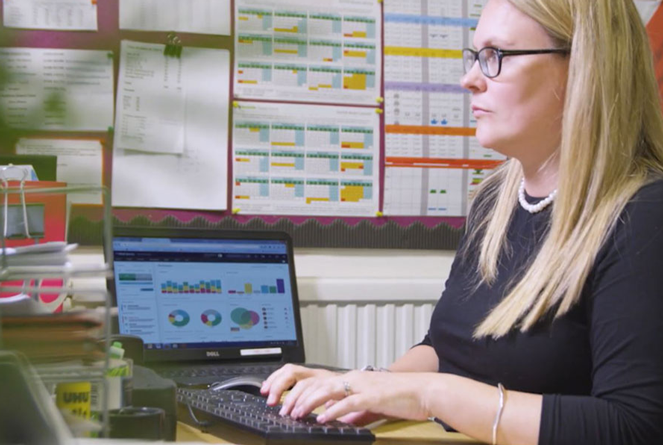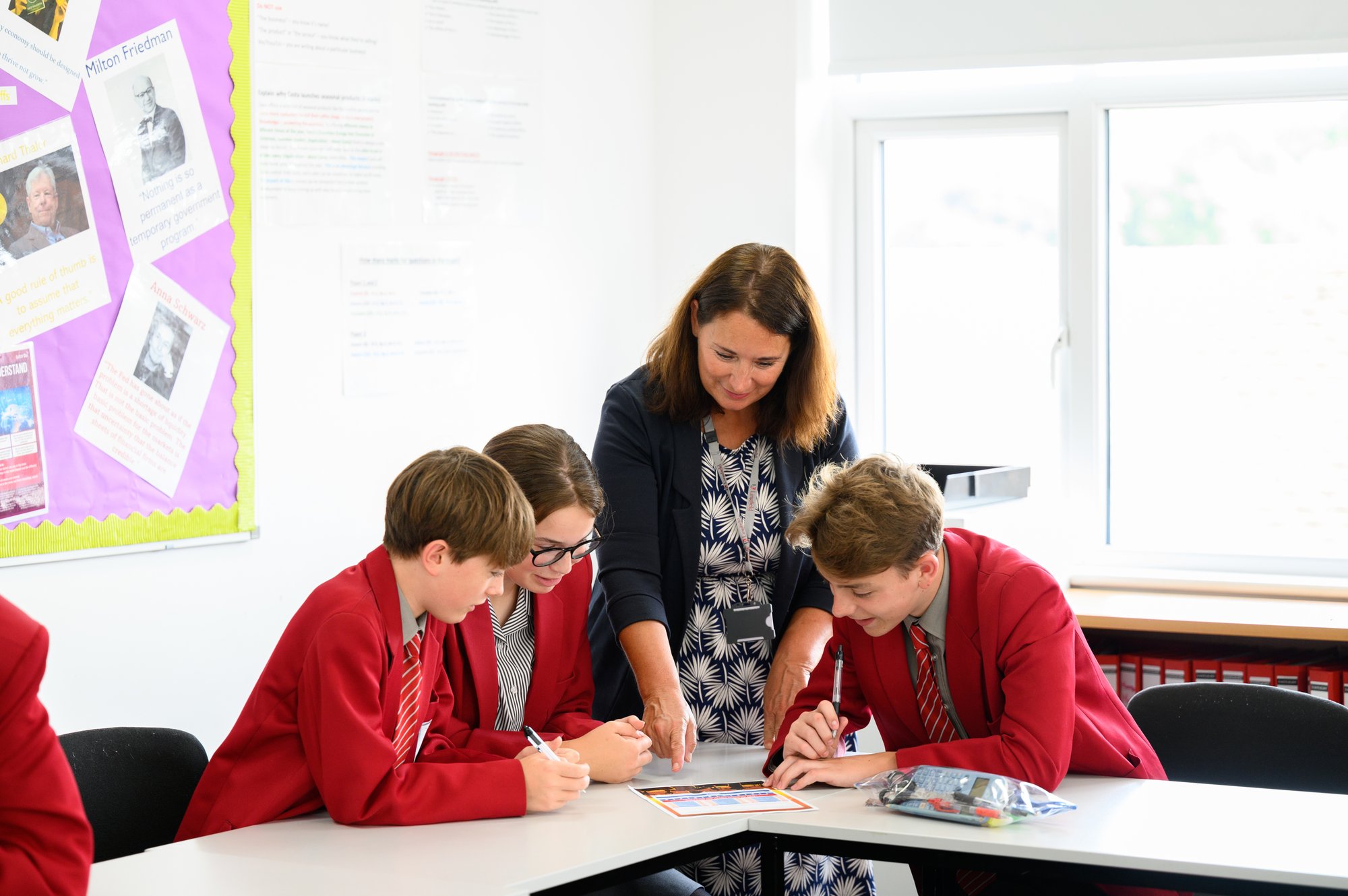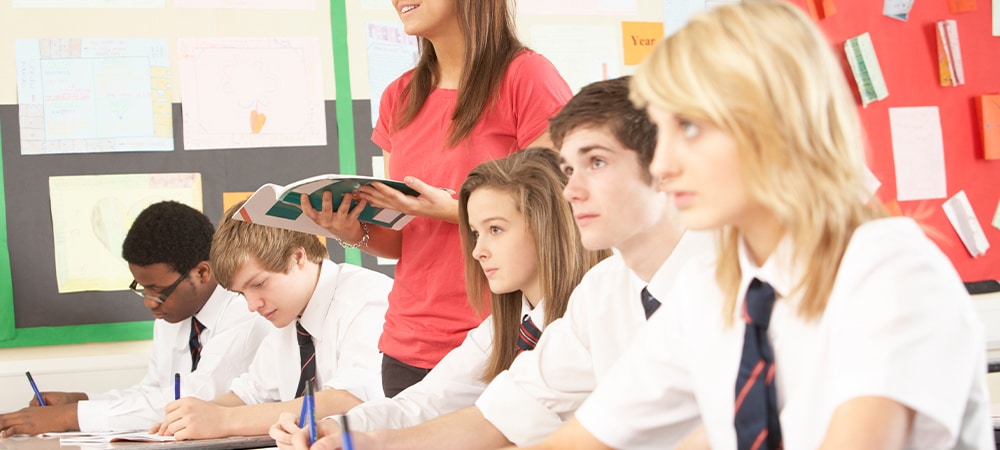Many families have done all they can to support their child’s continued learning while the school gates have been closed to most children due to COVID-19. But with the best will in the world, parents can’t replicate the quality of teaching and learning that is delivered in schools. Assessment may not be the first priority for primary heads and teachers when pupils return to the classroom. But now is the right time to start thinking about how to get the insight you need to understand where the gaps are in children’s learning so you can act quickly to get them back on track. So, what steps can you take now to ensure learning loss is spotted and addressed and no child is disadvantaged by the time they have spent away from the classroom?
What Schools Need to Think About Now
Getting Information From Data
The sudden closure of schools in response to the Coronavirus pandemic is unique and teachers have worked closely with parents and carers to enable learning to continue. However, the home learning environment will be very different for each child. With families having to fit learning time around other responsibilities, and no guaranteed consistency in the technology children have access to at home, teachers will need to get a clear picture of the progress their pupils have made during lockdown, as quickly as possible.
Things to Think About:
- Make it easy for teachers to access the latest achievement data they will need from your pupil tracking system – time spent in administration is time that would be best focussed on supporting pupils’ learning.
- Consider how you can gather information such as how much home learning content a child has covered, which topic areas they struggled with and how much knowledge they have retained. This will help teachers to understand where pupils are in their learning once they are back at school.
- Where possible, continue to gather progress information from the resources pupils are accessing, in school or while they are at home. This data is essential for informing decisions about which interventions are needed to boost pupils’ learning when they are in class.
What Schools Need To Think About Next
Shaping Interventions
Schools are well aware of the negative impact summer learning loss can have on children’s achievement. Teachers start planning strategies to prevent their pupils from falling behind many weeks before the end of the summer term. But with the sudden closure of schools, there has not been the luxury of time to put effective strategies in place. So, a different approach will be needed to tackle the learning loss resulting from the COVID-19 lockdown.
Things to Think About:
- Consider how children’s knowledge will be assessed once they return to school and when the time will be right to do so – other priorities will come first, such as pupils’ wellbeing.
- Whether your school uses standardised tests, past papers or classroom quizzes to get clarity on pupil progress, you need to think about how you can ensure the assessment process runs efficiently. There are a wide range of digital resources that can be used to assess children’s learning, which are often quick and easy to administer and feel more like a fun activity than a test for pupils.
- Segment pupils into smaller groups to allow for social distancing and more focussed intervention. Prioritise additional support for the most vulnerable and those children who may have been at greatest risk of falling behind by not being in school i.e. FSM, EAL and pupils with SEND.
- You may want to plan a virtual staff meeting to enable discussions to take place on intervention groups and how they will be managed. Teaching assistants could be a valuable resource for providing remote 1:1 sessions with children who are struggling with particular concepts.
For The Longer-Term
Being able to assess pupils’ progress accurately and simply is the best way to ensure teachers’ time is focussed on raising achievement. So, once children are settled back into the routine of the school day, it’s worth looking at the opportunities there are to develop your school’s assessment strategy.
Things to Think About:
- Staff get great value from attending assessment focussed events, sharing examples of best practice and keeping up to date with the latest developments in pupil progress tracking. Find out about relevant training and CPD opportunities in your area.
- How will you assess and support the children joining your school in the next academic year? Covid-19 may well have had a negative impact on their learning and development and you need to understand what help they need to make a difference.
- Take a look at the wealth of resources available that will help your school to monitor pupils’ progress as they learn. This approach could save time and support decision-making, not only as schools open their gates more widely, but in the months and years ahead.
Once the current crisis eventually begins to ease and more children return to the classroom, the school day may not look the same. But for pupil assessment, carried out in the right way, at the right time, will be key to ensuring heads and teachers get every child back on track and reaching their full potential as quickly as possible.
See also:


/Primary%20school%20.jpg?width=2000&name=Primary%20school%20.jpg)








.png?width=940&height=788&name=Lingfield%20College%20Case%20Study%20(5).png)
-1.png?width=1000&height=833&name=National%20Association%20of%20Head%20Teachers%20(3)-1.png)
-3.png?width=1080&height=1080&name=Untitled%20design%20(10)-3.png)









